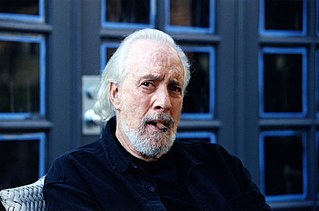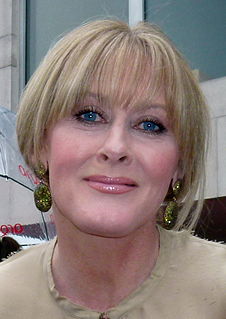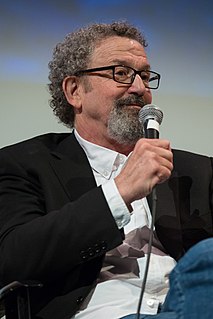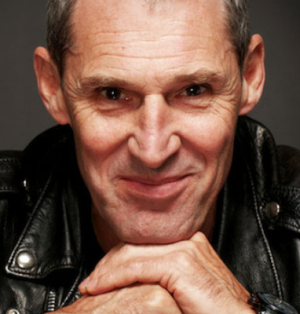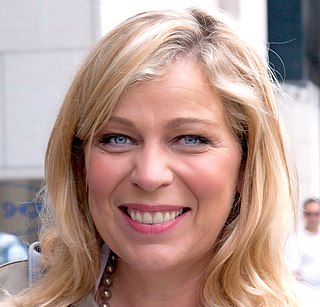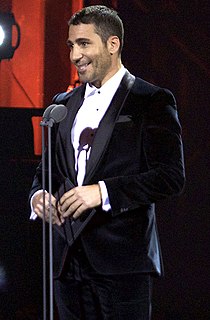A Quote by Sam Shepard
I see a lot of scripts, and very few of them leap off the page at you.
Related Quotes
A lot of actors choose parts by the scripts, but I don't trust reading the scripts that much. I try to get some friends together and read a script aloud. Sometimes I read scripts and record them and play them back to see if there's a movie. It's very evocative; it's like a first cut because you hear 'She walked to the door,' and you visualize all these things. 'She opens the door' . . . because you read the stage directions, too.
The one thing you know when you're shooting a script - and I've been on a lot of sets - is space is in a script, and the distance between the page and the stage is so enormous that it is unbelievable how even the brightest people can misread your intent or not see it altogether. Scripts have air in them. Scripts are supposed to leave things up to interpretation, but people can misread things enormously, so sometimes it's just a matter of wanting to put on the screen what you had in mind.
Any good movie or script usually, if they're doing their job, gives the highest platform possible for an actor to leap off of, and that script was very high up there. It was a very smart, tight script. There was a lot of improv, as well, once we got to the set, but a lot of the original script was also in there.
You always have to speak good about the projects you do and you have to see the beauty in them. Sometimes you see them and you're happy with things, or maybe the process was nice and you enjoyed it, and you were happy with that. But when everything gathers - you liked the scripts from the very beginning, the directors, your friends - but then you see the result and you like it - it's beautiful.


